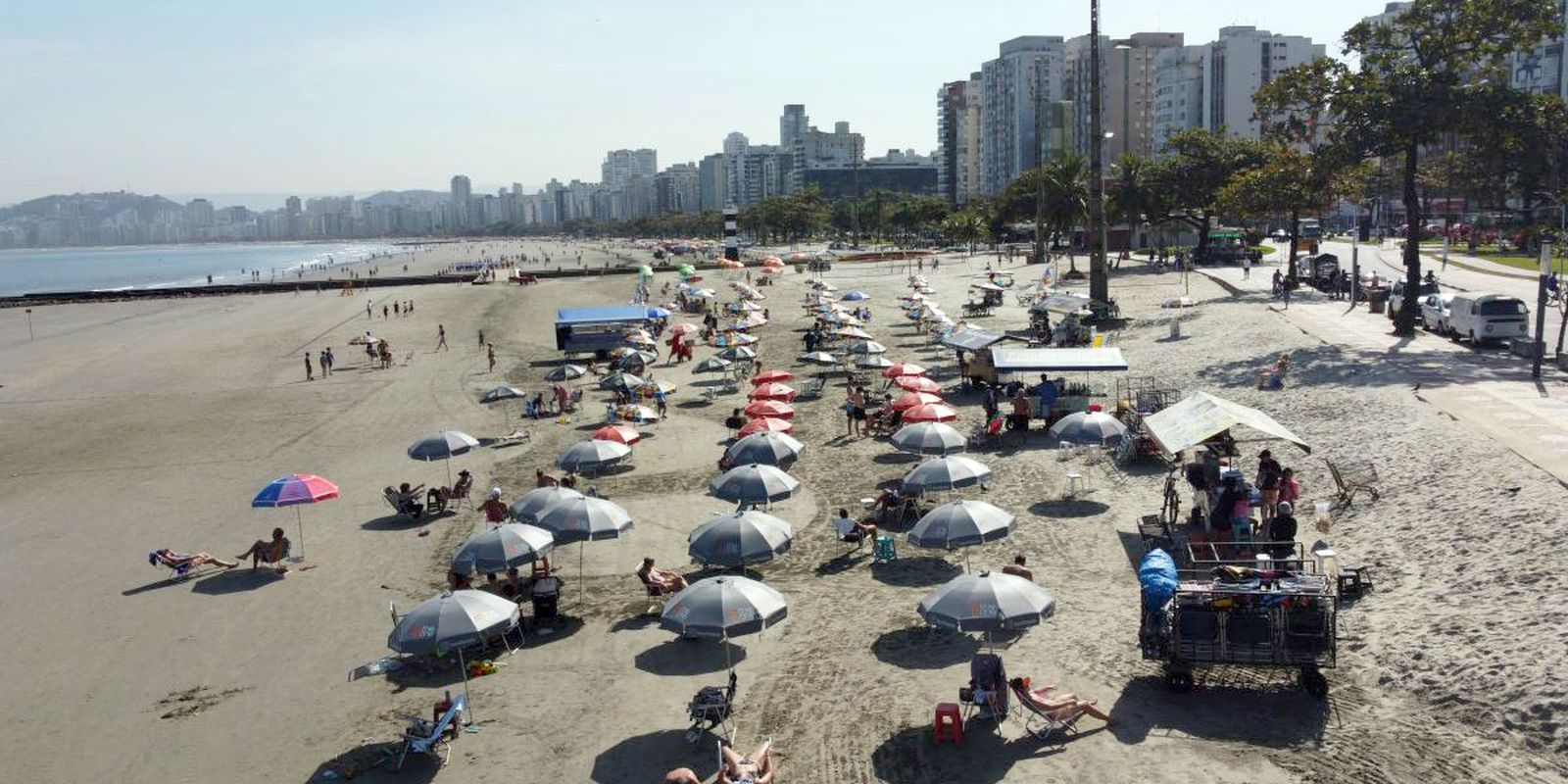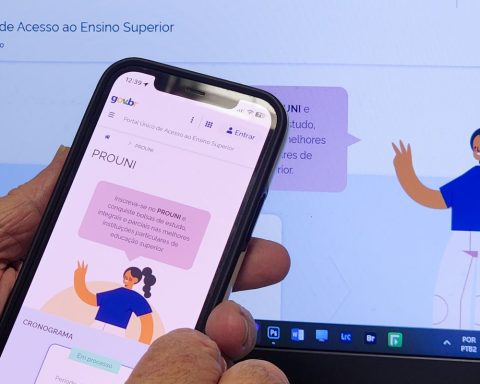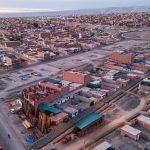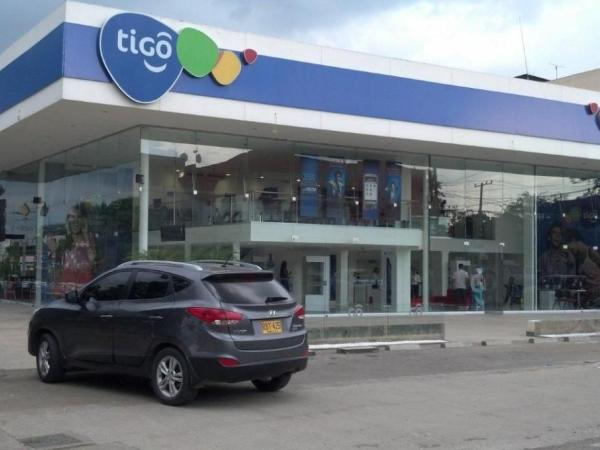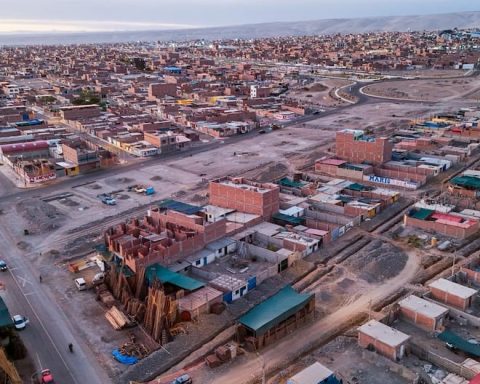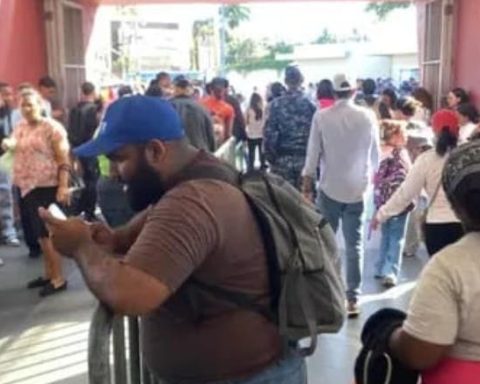The São Paulo State Department of Health reinforced this Tuesday (7) guidelines for the population to avoid infection with acute gastroenterocolitis. The increase in cases of the disease, which occurs mainly in Baixada Santista, on the coast of São Paulo, is being monitored by health authorities.
In addition to taking extra care with personal hygiene and observing the sanitary conditions of bars and restaurants, the recommendation to the population is also to avoid swimming in the sea within 24 hours of rain.
“It is not recommended to swim in the sea within 24 hours after periods of rain. Furthermore, hand washing must be intensified and water consumption must be limited to that of reliable origin, preferably mineral or filtered”, highlighted the director of the Division of Waterborne and Foodborne Diseases of the State Department of Health, Alessandra Lucchesi .
According to the director, in case of symptoms such as diarrhea, malaise, abdominal pain, nausea and vomiting, it is essential to increase hydration. If symptoms worsen, it is necessary to seek medical attention.
Bathers should pay attention to signs about the quality of the sea water. Places with a green flag are considered suitable for swimming, while those with a red flag should be avoided.
In Baixada Santista, of the 72 beaches monitored by the Environmental Company of the State of São Paulo (Cetesb), 22 are unsuitable for swimming: the seven monitored beaches in Santos are unsuitable; all Bertioga beaches are suitable for swimming; Guarujá has 2 unsuitable for bathers; Itanhaém, 2 unsuitable; Mongaguá, 3 inappropriate; Peruíbe has 6 beaches suitable for swimming; Praia Grande, 6 unsuitable; São Vicente, 2 unfit; and Cubatão, 1 beach suitable for bathers. The situation of São Paulo’s beaches can be consulted at Cetesb website.
Acute gastroenterocolitis
According to the State Department of Health of SP, the main characteristics of acute gastroenterocolitis and foodborne diseases (DTA) are watery diarrhea, with mucus or blood, general malaise, abdominal pain, nausea, vomiting and fever.
The guidelines to avoid contamination are: do not enter the beach water if it is classified as unsuitable by Cetesb; avoid swimming in the sea 24 hours after rain; avoid undercooked foods; keep food well refrigerated, paying special attention to the temperatures of refrigerators and refrigerators in supermarkets where the food is stored.
It is also recommended to take home-made snacks for outings and keep them correctly stored; observe the hygiene of cafeterias and kiosks; wash your hands before eating or preparing food; drink filtered water; and, in case of diarrhea, intensify hydration and, if necessary, seek medical attention.
